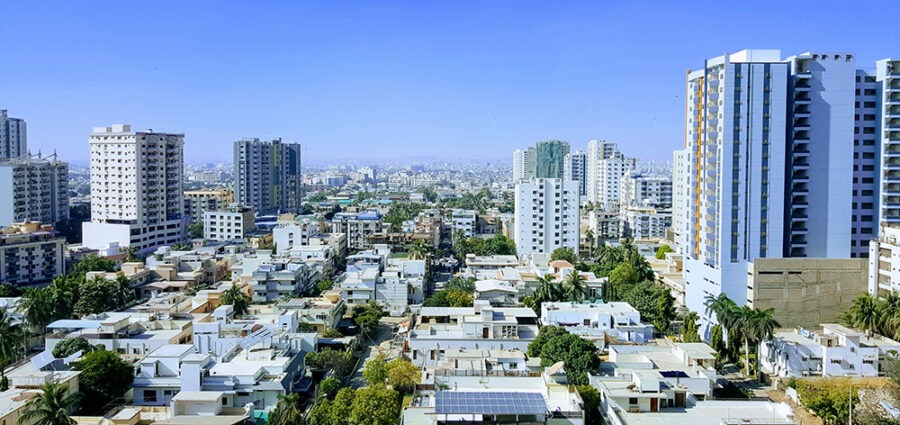ISLAMABAD: The government of Pakistan needs to take result-oriented steps to implement circular economy models, keeping in view the country’s current financial and energy challenges and global climate change as well as rapid industrialisation and urbanisation.
Arif Goheer, the principal scientific officer at the Global Change Impact Studies Centre (GCISC) of the Ministry of Climate Change told WealthPK that the concept of circular economy emerged in new political and economic geographies. “It has gained the attention of researchers and practitioners because it considers both social benefits and improves environmental protection,” he added.
He said that in Pakistan, it was a nascent field as limited attempts were made to identify the barriers and drivers in its implementation.
“Pakistan is the fifth most populous country but planned recycling on a countrywide scale or even in major cities does not exist. Over the last four decades, total municipal solid waste has increased manifolds due to rapid increase in population industrialisation, urbanisation and rising standard of living,” said Arif Goheer.
He said that left-out waste could become a burden if a country was unable to adequately handle it. “This segment of the economy can be a beacon of hope for Pakistan as it helps to conserve energy. Pakistan is suffering from an energy crisis. Recycling aluminium can saves 95% of the energy required to manufacture new cans from raw materials,” he added.
Similarly, recycling paper saves around 60% of the energy while recycling plastic and glass saves roughly one-third of the energy used to make similar items from virgin resources. In fact, recycling one glass bottle saves enough energy to power a 100-watt bulb for four hours.
“Unfortunately, Pakistan is not fully exploiting this avenue as recycling remains an informal industry in the country. Therefore, an awareness campaign by the government and non-governmental organisations to affirm the benefits of segregating waste from recycling could go a long way in changing the status quo of Pakistan’s recycling industry,” said Arif Goheer.
He said that as a society, Pakistanis had adopted a linear approach. “We take resources, make products, use them and then dispose of them. As a result, the “take-make-dispose” model is not only wasteful but also harmful to the environment. We are loaded with tonnes of waste everywhere, so we need a reusable policy, especially in the construction industry,” he added.
He said that there was an urgent need to introduce a circular economy to ensure sustainable development. He added that problems of environmental pollution, ecological damage and resource depletion in the conventional economy needed to be settled by the use of circular economy principles and methods.
“The role of government and educational institutions is crucial in creating awareness about this beneficial concept. Appropriate measures need to be taken to make this a firm part of a policy by introducing new laws and procedures,” he told WealthPK.






